Self-Build Budgets and Finance
The first hurdle to overcome on a homebuilding project is funding. There are several ways to secure the money you need, but the three most common routes are to use existing savings; sell your current house (or use it as surety on a loan); or borrow the money by taking out a self-build mortgage.
The first two options are pretty self-explanatory. The third – self-build mortgages – operate very similarly to conventional mortgages, except that payments are staggered to coincide with various stages of your project.
How much can I get?
Like all mortgage finance, self-build mortgages were affected by the credit crunch. However, in the wake of government support for self-build, more and more lenders are returning to or entering the market for the first time.
Pre-credit crunch, it was fairly common for self-builders to be able to secure 95% borrowing on both land and the build. These days, lenders are looking for higher deposits – so 70-80% on each is more common.
Although it is possible to access suitable mortgages directly with a bank or building society, many self-builders prefer to go through the UK’s specialist self-build mortgage broker. BuildStore has over 25 building societies on its books, so is well-placed to help you find the best funding for your project.
What type of mortgage should I get?
The advance stage payment mortgage remains a stalwart of self-build finance, as it offers positive cashflow up front. It is only available via BuildStore, which has forged strong links with a number of regional building societies that lend to self-builders exclusively through the specialist broker.
The beauty of advance stage payment mortgages is that you agree with the borrower up front how much each stage will cost (including the land purchase). Each tranche of money is then released to you prior to commencement of the relevant stage.
That puts you into positive cashflow, so you can pay bills when they’re due and keep workmen on site. It also means you can be a cash buyer of building materials, with no need for credit accounts, which again can help a project run more smoothly.
The price of all this equates to around £750 in fees – but the savings in hassle and time make an advance mortgage a great option if you don’t have significant amounts of cash available at the start of your project.
The other main option is the arrears stage payment mortage – whereby money is released after each agreed stage of the work is completed. You’ll usually need to pay for an assessment (typically totting up to £200-£300) after each phase before the funds are made available.
What about budgets?
When it comes to planning your budget and arranging your finances, don’t forget to take other financial commitments into account, such as an existing mortgage or temporary accommodation.
“Lenders understand that you have to live somewhere during your project and, quite understandably, not everyone wants to stay in a caravan on site or with relatives,” says Rachel Pyne, director of financial services at BuildStore.
“They also appreciate that if you sell your current home and move into rented accommodation during the build you will still have housing costs, paying rent rather than a mortgage. Consequently, they allow you to run a self-build mortgage alongside the mortgage on your current house although like the rest of the market, the rules are tighter now than pre-credit crunch.
“However, the lender will want to ensure that you are in a position to support both mortgages, and your current mortgage will be taken into account by when deciding how much you can borrow for the build.
“Some lenders calculate the total amount you can borrow based on your income and then deduct the amount of your current mortgage from this. So unless you have a very high income or a tiny current mortgage, this method is unlikely to provide you with sufficient borrowing for your project
“There are, however, a number of more enlightened lenders that view affordability differently. They treat your current mortgage as a regular commitment in the same way as they treat a personal loan. They include the monthly mortgage payment in their affordability calculation, and provide you with a loan amount that your remaining income will support.
“All of the lenders BuildStore works with on the advance-stage Accelerator scheme base their lending on this more favourable method.”






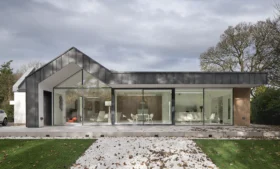
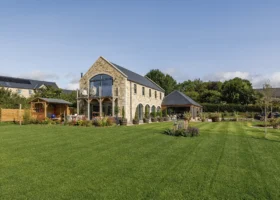
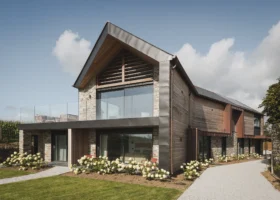



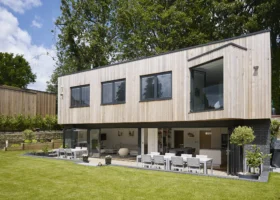
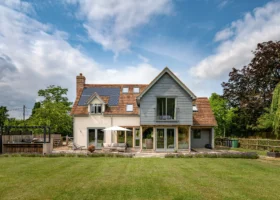

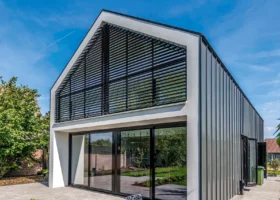
















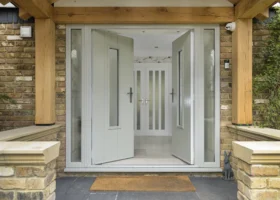


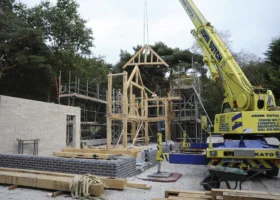
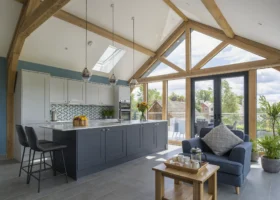


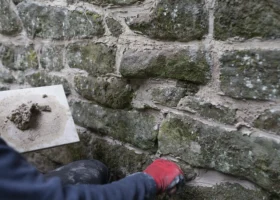
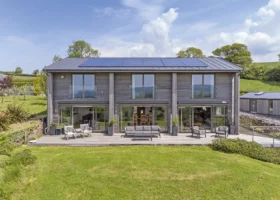
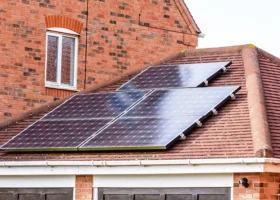

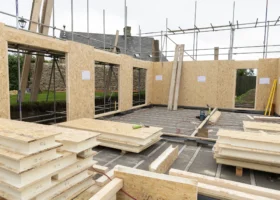

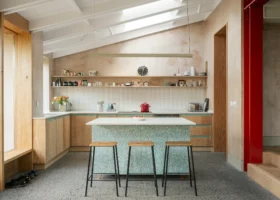


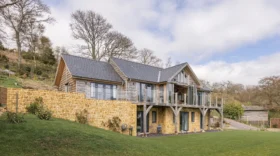

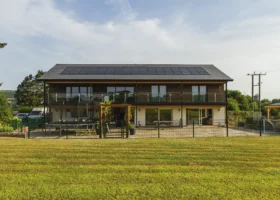
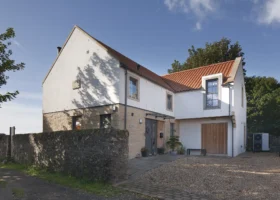




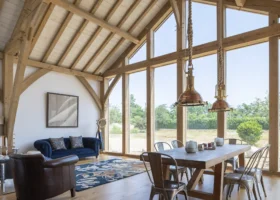





































 Login/register to save Article for later
Login/register to save Article for later

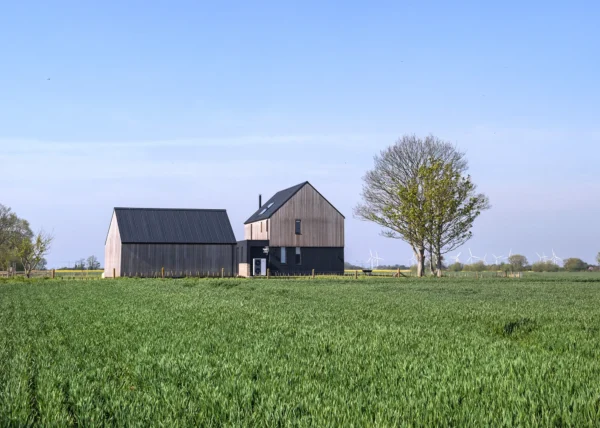



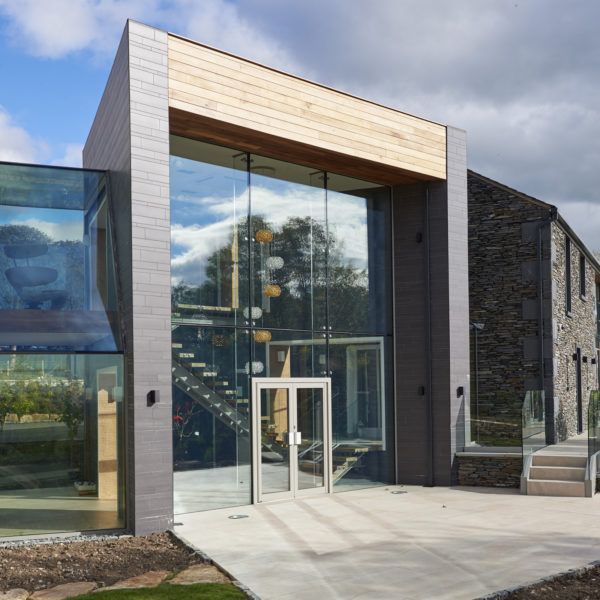






Comments are closed.